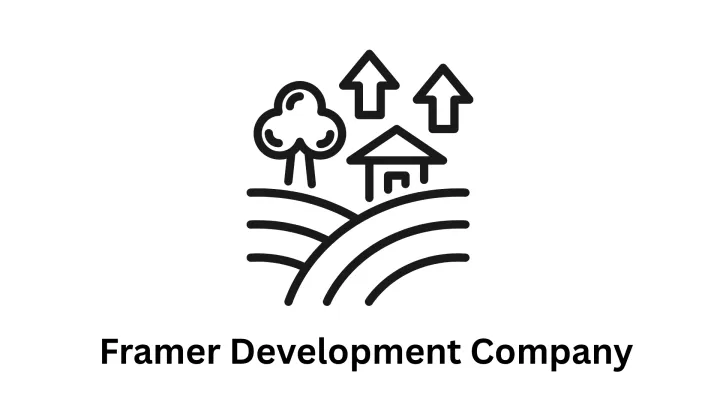How to Do Your Own Professional SEO: A Step-by-Step Guide

Search Engine Optimization (SEO) isn't just for marketing experts. With the right knowledge and effort, you can optimize your website to rank higher in search results, attract more organic traffic, and grow your online presence. This guide will walk you through the essential steps of DIY SEO, providing practical tips and insights along the way.
Understanding SEO Fundamentals
- Keywords: The foundation of SEO. Research and identify relevant keywords and phrases that your target audience is searching for.
- On-Page Optimization: Fine-tune your website's content, titles, meta descriptions, and headings to incorporate your chosen keywords naturally.
- Technical SEO: Ensure your website is fast, mobile-friendly, and easy for search engines to crawl and index.
- Content Creation: Regularly publish high-quality, informative, and engaging content that aligns with your target audience's interests.
- Link Building: Earn backlinks from reputable websites to signal your site's authority and trustworthiness to search engines.
Step-by-Step DIY SEO
- Keyword Research: Use tools like Google Keyword Planner, SEMrush, or Ahrefs to identify relevant keywords with a good balance of search volume and competition.
- On-Page Optimization:
- Optimize title tags, meta descriptions, and headers (H1, H2, H3) with your target keywords.
- Use descriptive URLs that include keywords.
- Optimize images with alt text and descriptive file names.
- Technical SEO:
- Use Google's PageSpeed Insights to check your website's speed and get optimization recommendations.
- Ensure your website is mobile-friendly using Google's Mobile-Friendly Test tool.
- Create and submit an XML sitemap to search engines.
- Content Creation:
- Develop a content calendar to plan and schedule regular content updates.
- Focus on creating informative blog posts, articles, or videos that answer your audience's questions and provide value.
- Link Building:
- Reach out to relevant websites and blogs to request backlinks.
- Create shareable content that naturally attracts backlinks.
- Participate in online communities and forums to build relationships and earn links.
Measuring Your Success
- Google Analytics: Track your website's traffic, user behavior, and conversions to measure the impact of your SEO efforts.
- Google Search Console: Monitor your website's performance in search results, including impressions, clicks, and average position.
- Rank Tracking Tools: Use tools like SEMrush or Ahrefs to track your keyword rankings over time.
Need Professional Help?
If you find DIY SEO overwhelming or need more specialized assistance, consider partnering with a professional SEO services company like Associative. We offer a full range of SEO services, including:
- Website Development
- Web Application Development
- E-commerce Development
- Digital Marketing
- Android and iOS Mobile App Development
- Cryptocurrency Wallet Development
- Blockchain Development
- Web3 Development
- Software Development
- Game Development
- UI development
- Web Design and Development
- marketing services
- AI development services
- data analytics services
Let our team of experts help you achieve your SEO goals and drive more organic traffic to your website.
Conclusion
DIY SEO can be a rewarding way to improve your website's visibility and attract more organic traffic. By following the steps outlined in this guide and utilizing the right tools, you can make a significant impact on your website's ranking. Remember, SEO is an ongoing process that requires patience and dedication, but the results are worth the effort.



To learn more, consider reading other articles, blogs, and stories in this area.




















